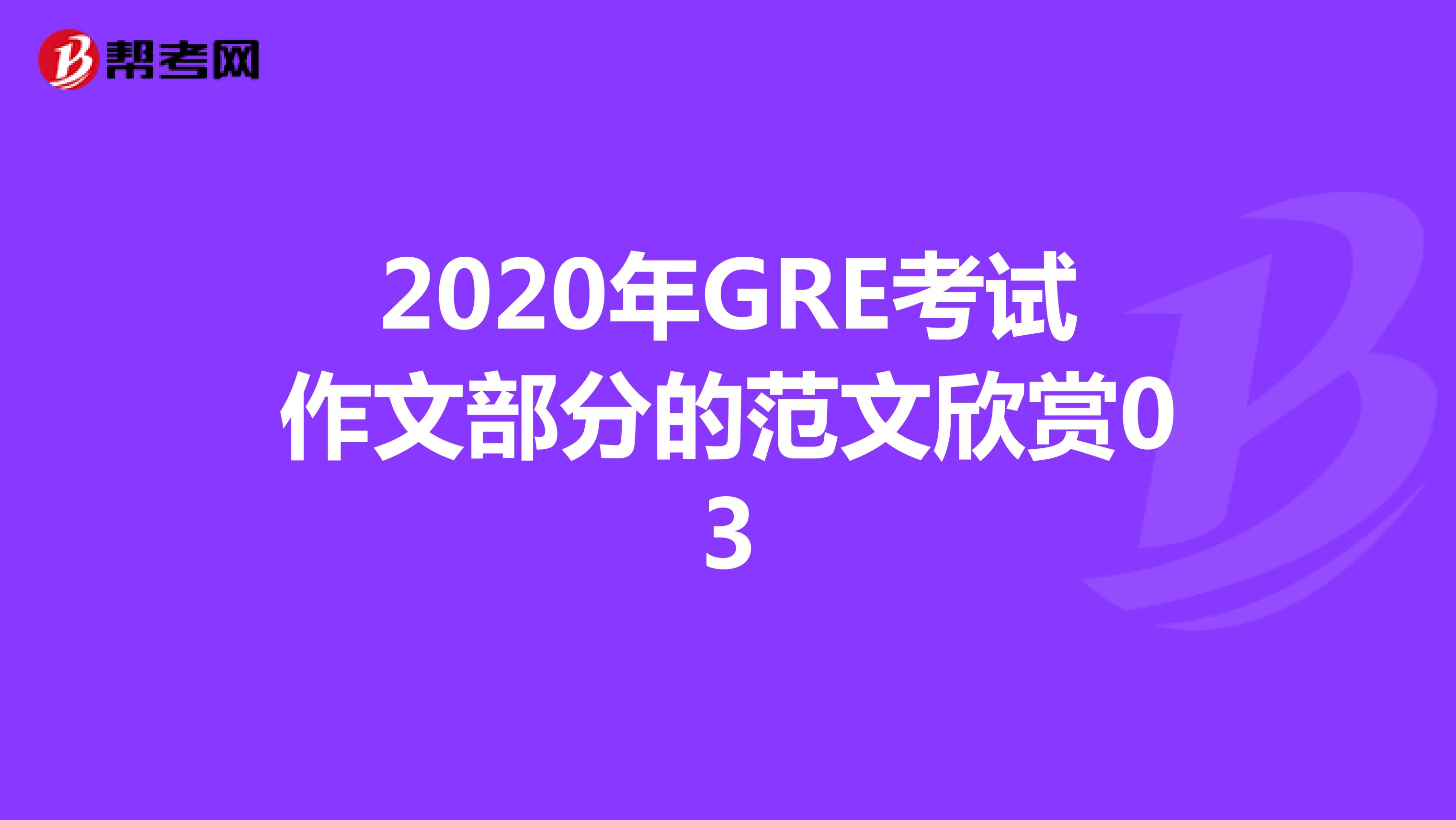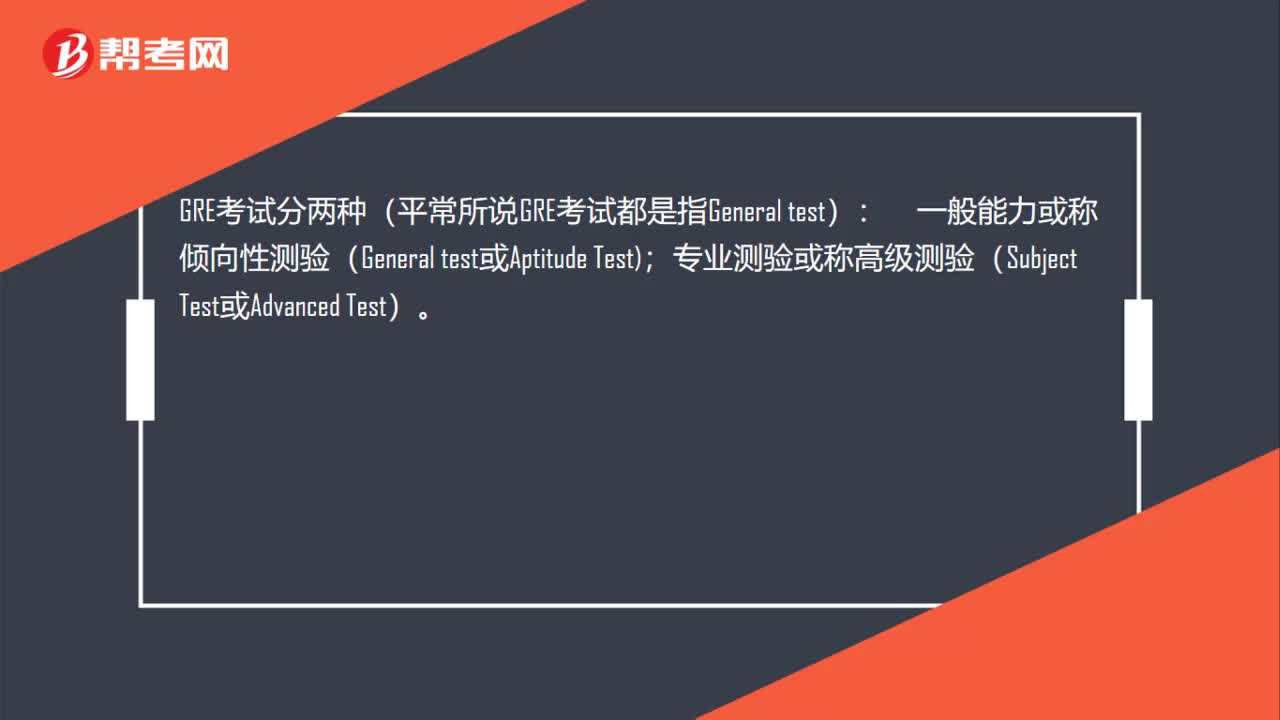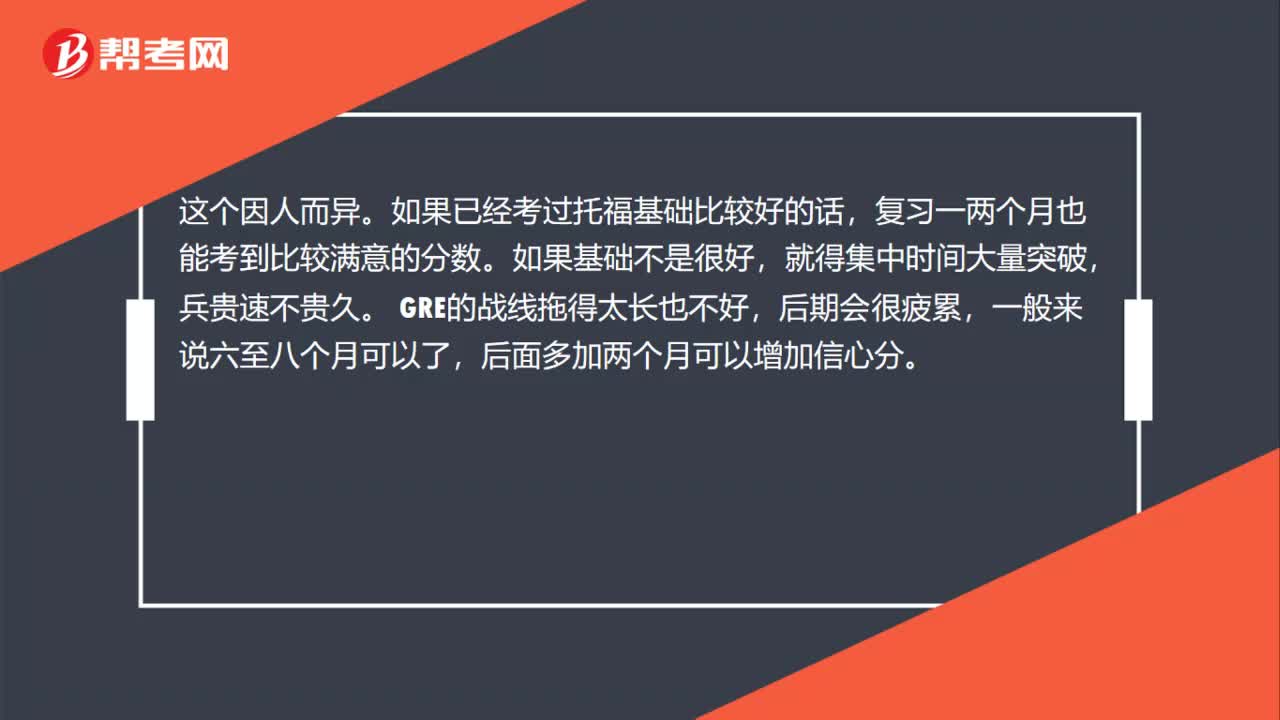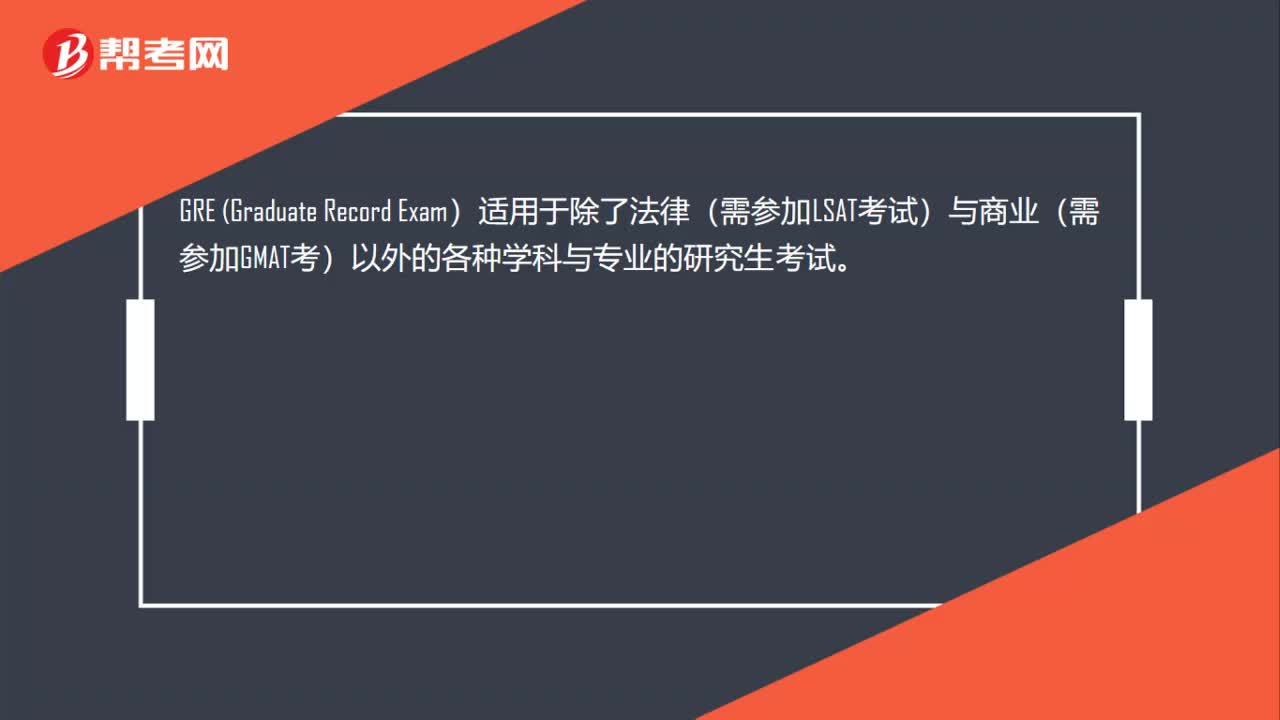
下载亿题库APP
联系电话:400-660-1360

下载亿题库APP
联系电话:400-660-1360

请谨慎保管和记忆你的密码,以免泄露和丢失

请谨慎保管和记忆你的密码,以免泄露和丢失

小伙伴们,GRE考试大家复习的怎么样了呢?下面是帮考网分享的一些GRE考试作文部分的复习资料,一起来看看吧!
Issue
"People work more productively in teams than individually. Teamwork requires cooperation, which motivates people much more than individual competition does."
Sample Essay
Teamwork as a whole can naturally produce an overall greater productivity through the concept of "synergy", where the total of the whole is greater than the sum of its individual parts. But the idea that people work more productively in teams rather than as individuals is going to vary greatly between the types of teams that are organized, the end reward or motivation for both the team and the individuals, as well as the individuals themselves.
Regarding individuals, some people are born with the desire to succeed, no matter what the situation or task that they are facing. These people may evolve into the classic "Type A" personalities that work ferociously because they are driven by an internal fire that says they must always be doing something, whether individually or as part of a team. Other people may desire to be less socially involved or are very highly competitive with other people. For these people, their work is most productive as individuals, because the very idea of cooperating with other people limits their effectiveness and efficiency because they simply do not want to be a part of the team. Whether this mindset is innate or developed over time does not matter, it is merely the state of their being and neither motivation nor rewards can generate inside them the desire to work collectively as a team.
Some people are highly motivated by social interaction and the desire to work with others towards a collective effort. Obviously these individuals are at their most productive when working as part of a team. Organizational behavioral studies have shown that Asian cultures are much more likely to develop this type of collective behavior as opposed to the more individualistic behavior associated with Western cultures. It could naturally be assumed then that there may be cultural values that can determine whether people are at their most productive individually or as part of a team.
Another variable is the end reward that is involved with the task at hand. Will the rewards be greater if the team works together towards a common goal, or are the rewards more geared toward individual performance? To the extent that the individual is motivated by the end reward, obviously his or her performance inside of a team may be more or less productive with respect to the entire team, depending on how the performance is rewarded. Individual goals may interfere with the group performance. Synergies may not be achieved because the individuals are not working towards a whole "sum" but rather towards an individual reward. Productivity thus will vary for each person as a team member or as an individual depending on the degree to which that person is motivated by an individual or overall team reward.
Finally, the degree of productivity of a person will depend upon the type of team that is organized. Is the group composed of equally contributing individuals? Does the group have an outstanding leader that can motivate both the individuals and the team as a whole? From a pure productivity standpoint, the presence or absence of a charismatic and exceptional leader can make all the difference whether a person would be more productive as a part of a team or as an individual. Personality types that work well together can prove to be much more productive as part of a team than as individuals, and vice versa.
Fundamentally, measures of productivity depend greatly on the individuals themselves. The dilemma facing leaders in all areas of life is how to best assess these individuals to determine how to best harness their capabilities to reach their ultimate productive capabilities. Whether a person is more productive alone or while working in concert with others is one of the great challenges that leaders and managers must face to accomplish tasks effectively and efficiently.
好了,以上就是今天分享的全部内容了,各位小伙伴根据自己的情况进行查阅,希望本文对各位有所帮助,预祝各位取得满意的成绩,如需了解更多相关内容,请关注帮考网!
 37
37GRE考试有几种类型?:GRE考试有几种类型?GRE考试分两种(平常所说GRE考试都是指General test):一般能力或称倾向性测验(General test或Aptitude Test;专业测验或称高级测验(Subject。Test或Advanced Test)
 44
44GRE考试一般要准备多久?:GRE考试一般要准备多久?这个因人而异。如果已经考过托福基础比较好的话,复习一两个月也能考到比较满意的分数。如果基础不是很好,就得集中时间大量突破,兵贵速不贵久。GRE的战线拖得太长也不好,后期会很疲累,一般来说六至八个月可以了,后面多加两个月可以增加信心分。
 31
31GRE考试适用范围是什么?:GRE Graduate Record Exam)适用于除了法律(需参加LSAT考试)与商业(需参加GMAT考)以外的各种学科与专业的研究生考试。